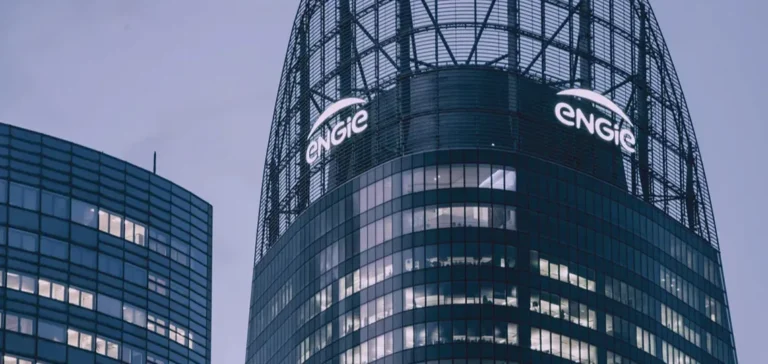Belgian engineering company Tractebel has confirmed the signing of a new partnership agreement with NRG-Pallas, consolidating their historic collaboration on the construction of the Pallas research reactor in Petten, the Netherlands. Since 2015, Tractebel has acted as Owner’s Engineer for this strategic project, leveraging its expertise in nuclear engineering and project management.
Strengthening expertise and on-site teams
Tractebel, a subsidiary of the French group Engie, continues its involvement by integrating long-term experts into the project team. These specialists notably serve as an independent third party for reviewing civil engineering works and hold the position of Safety Chair within the Pallas project safety committee. The group relies on its global nuclear competence centres to ensure a high level of technical standards and regulatory compliance.
Tractebel’s support includes services covering all stages of project development, from initial feasibility studies to design phases and construction supervision. The teams are also involved in training and knowledge transfer to strengthen the Pallas organisation’s capabilities in intelligent client oversight and design authority.
Milestones and features of the Pallas project
In June 2022, NRG-Pallas submitted a permit application for the construction and operation of the Pallas reactor to the Authority for Nuclear Safety and Radiation Protection (ANVS). The permit was granted in February 2023, followed by preparatory work led by Besix for the excavation of the construction pit and foundation work. In May, the excavation—measuring approximately fifty metres by fifty and seventeen and a half metres deep—was completed.
The Dutch Ministry of Health, Welfare and Sport recently confirmed that the project has entered a new phase of construction. However, the government’s final decision on the continuation of the Pallas reactor’s construction is still pending, although funding of EUR2bn ($2.2bn) has been approved by the European Commission under state aid rules.
Replacement of the HFR reactor and strategic role
The Pallas research reactor is intended to succeed the High Flux Reactor (HFR) in Petten, in service since 1960 and the main European supplier of medical radioactive sources. Pallas, a “tank-in-pool” type reactor with a thermal power of around 55 MW, will optimise neutron flux for research and the pharmaceutical industry.
According to Deepak Narasimhamurthy, Country Manager for the Netherlands at Tractebel, the project highlights the company’s ability to support complex, multidisciplinary operations while meeting the strictest safety and technical integrity standards.






















